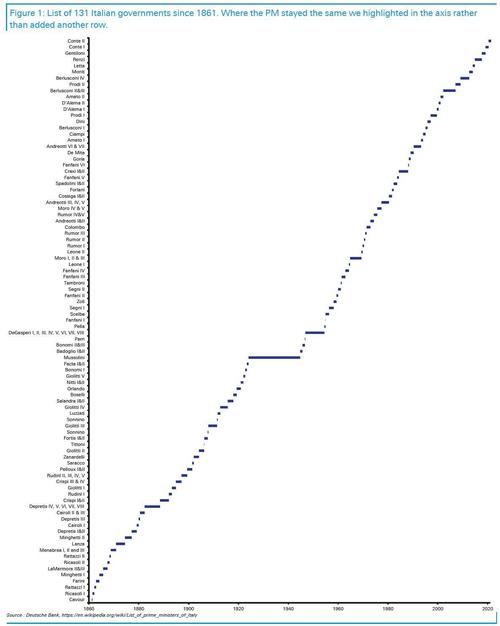Plain Jane
Just Plain Jane
Here is December's thread:
INTL - Europe: Politics, Economics, and Military- December 2020
Regional Conflict in Mediterranean from page 70 here:
 www.timebomb2000.com
www.timebomb2000.com
Main Coronavirus thread from page 1327 here:
 www.timebomb2000.com
www.timebomb2000.com

 www.dw.com
www.dw.com
Brexit: UK and Spain say Gibraltar to join Schengen in last-minute deal
Gibraltar is set to become a part of the Schengen zone to ensure fluidity of movement at the border with Spain after the end of the post-Brexit transition phase.
Watch video00:48
Gibraltar joins Schengen
Spain and the UK have reached a last-minute deal that will allow the British territory of Gibraltar to retain freedom of movement, both countries said on Thursday.
"We are breaking down barriers to build an area of shared prosperity," Foreign Minister Arancha Gonzalez Laya said, announcing the deal just hours before the expiry of transition arrangements.
Britain's post-Brexit transition phase ends on January 1, meaning that both the UK and its overseas territories will exit the European Union's Single Market and Customs Union.
Talks between the governments in London, Madrid and Gibraltar came down to the last hours to secure the deal.
Gonzalez Laya explained that border arrangements for Gibraltar's port and airport would change, with Spain ultimately responsible for controls.
The European Agency of Border and Coast Guard (Frontex) is set to help with these controls over a transition period of four years.
UK Foreign Minister Dominic Raab said Britain remained steadfast in its support of Gibraltar's sovereignty.
Watch video01:39
Gibraltar caught up in rocky UK-EU divorce
"All sides are committed to mitigating the effects of the end of the Transition Period on Gibraltar and in particular ensure border fluidity, which is clearly in the best interests of the people living on both sides," Raab added.
UK Prime Minister Boris Johnson echoed Raab's sentiment in a tweet.
UK lawmakers on Wednesday approved a post-Brexit trade deal as the EU-UK transition period comes to an end on January 1.
In the 2016 Brexit referendum, 96% of voters in Gibraltar — home to about 34,000 people — voted to stay in the EU, with the UK-wide result being 52% to 48% in favor of leaving.
The possibility of entering the New Year with tight new restrictions was a daunting one for Gibraltar, which relies on access to EU markets for its tiny economy. More than 15,000 people live in Spain but work across the border in Gibraltar.
rc/aw (AFP, Reuters, dpa, EFE)
INTL - Europe: Politics, Economics, and Military- December 2020
Regional Conflict in Mediterranean from page 70 here:
WAR - Regional conflict brewing in the Mediterranean
View: https://mobile.twitter.com/ELINTNews/status/1344403225533947912
Main Coronavirus thread from page 1327 here:
CORONA - Main Coronavirus thread
https://www.thegatewaypundit.com/2020/12/president-trump-releases-statement-white-house-upon-return-washington-video/ President Trump Releases Statement From White House Upon Return to Washington (VIDEO) By Cristina Laila Published December 31, 2020 at 1:05pm President Trump cut his Florida...

Brexit: Gibraltar to join Schengen in last-minute deal – DW – 12/31/2020
Gibraltar is set to become a part of the Schengen zone to ensure fluidity of movement at the border with Spain after the end of the post-Brexit transition phase.
Brexit: UK and Spain say Gibraltar to join Schengen in last-minute deal
Gibraltar is set to become a part of the Schengen zone to ensure fluidity of movement at the border with Spain after the end of the post-Brexit transition phase.
Watch video00:48
Gibraltar joins Schengen
Spain and the UK have reached a last-minute deal that will allow the British territory of Gibraltar to retain freedom of movement, both countries said on Thursday.
"We are breaking down barriers to build an area of shared prosperity," Foreign Minister Arancha Gonzalez Laya said, announcing the deal just hours before the expiry of transition arrangements.
Britain's post-Brexit transition phase ends on January 1, meaning that both the UK and its overseas territories will exit the European Union's Single Market and Customs Union.
Talks between the governments in London, Madrid and Gibraltar came down to the last hours to secure the deal.
Gonzalez Laya explained that border arrangements for Gibraltar's port and airport would change, with Spain ultimately responsible for controls.
The European Agency of Border and Coast Guard (Frontex) is set to help with these controls over a transition period of four years.
UK Foreign Minister Dominic Raab said Britain remained steadfast in its support of Gibraltar's sovereignty.
Watch video01:39
Gibraltar caught up in rocky UK-EU divorce
"All sides are committed to mitigating the effects of the end of the Transition Period on Gibraltar and in particular ensure border fluidity, which is clearly in the best interests of the people living on both sides," Raab added.
UK Prime Minister Boris Johnson echoed Raab's sentiment in a tweet.
UK lawmakers on Wednesday approved a post-Brexit trade deal as the EU-UK transition period comes to an end on January 1.
In the 2016 Brexit referendum, 96% of voters in Gibraltar — home to about 34,000 people — voted to stay in the EU, with the UK-wide result being 52% to 48% in favor of leaving.
The possibility of entering the New Year with tight new restrictions was a daunting one for Gibraltar, which relies on access to EU markets for its tiny economy. More than 15,000 people live in Spain but work across the border in Gibraltar.
rc/aw (AFP, Reuters, dpa, EFE)
Last edited:




















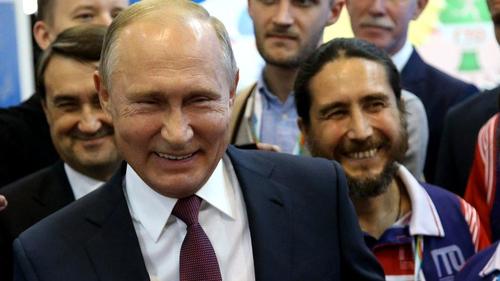
 Getty Images
Getty Images












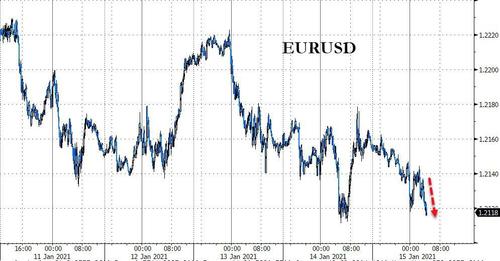
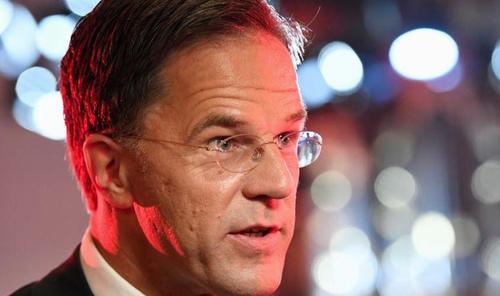


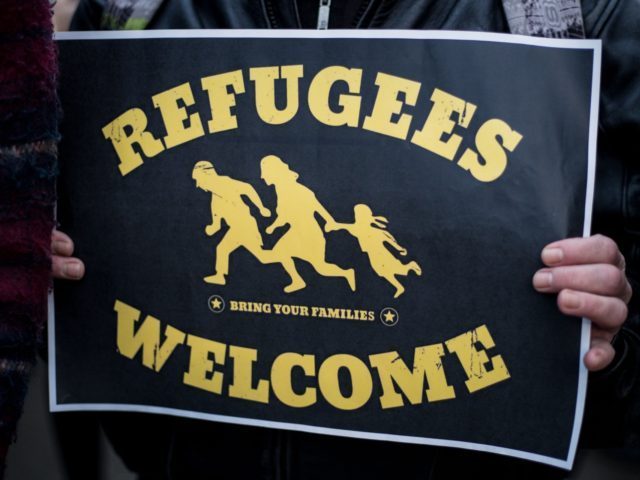
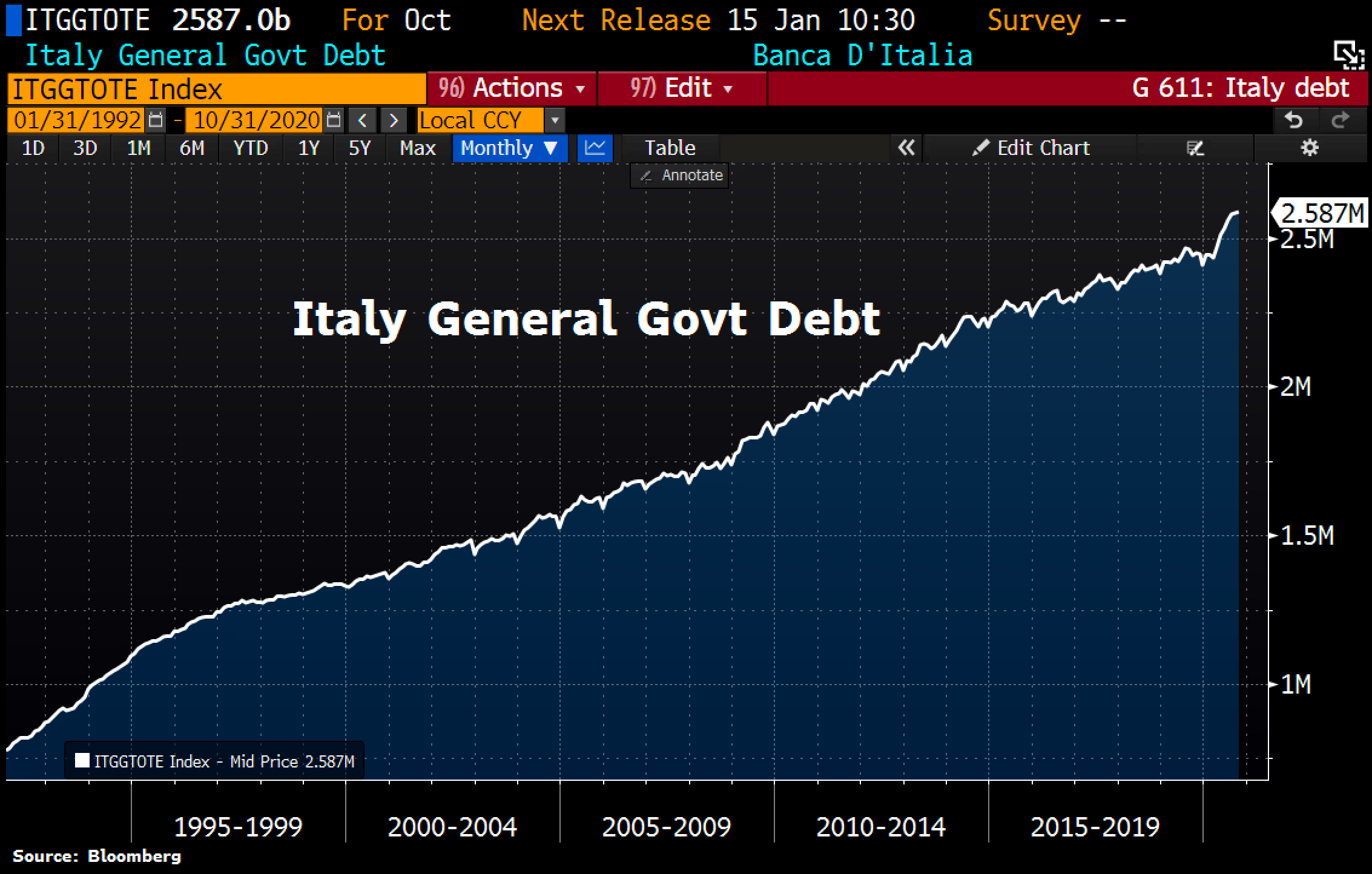


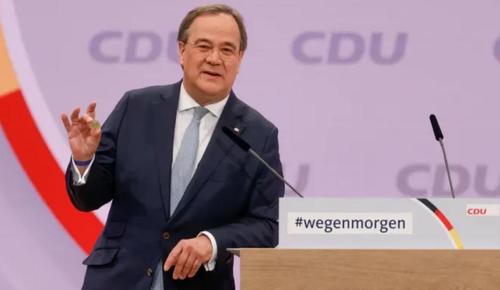
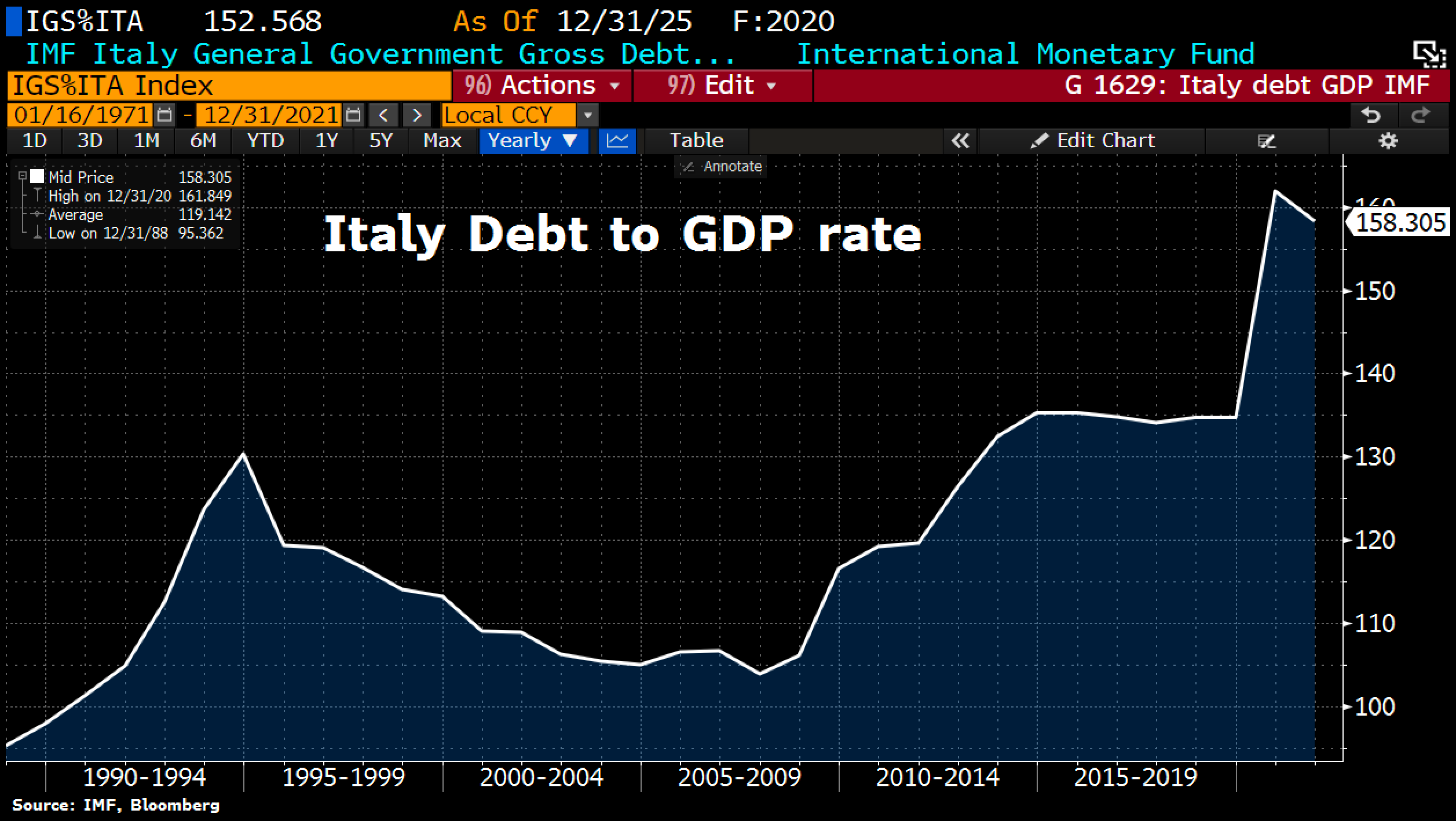


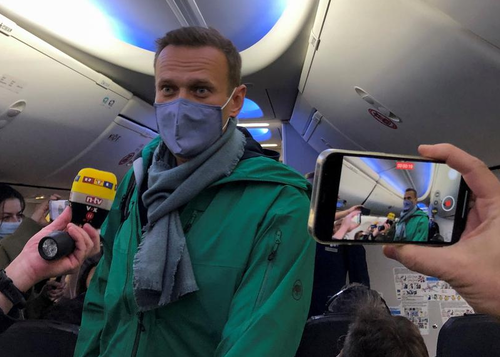

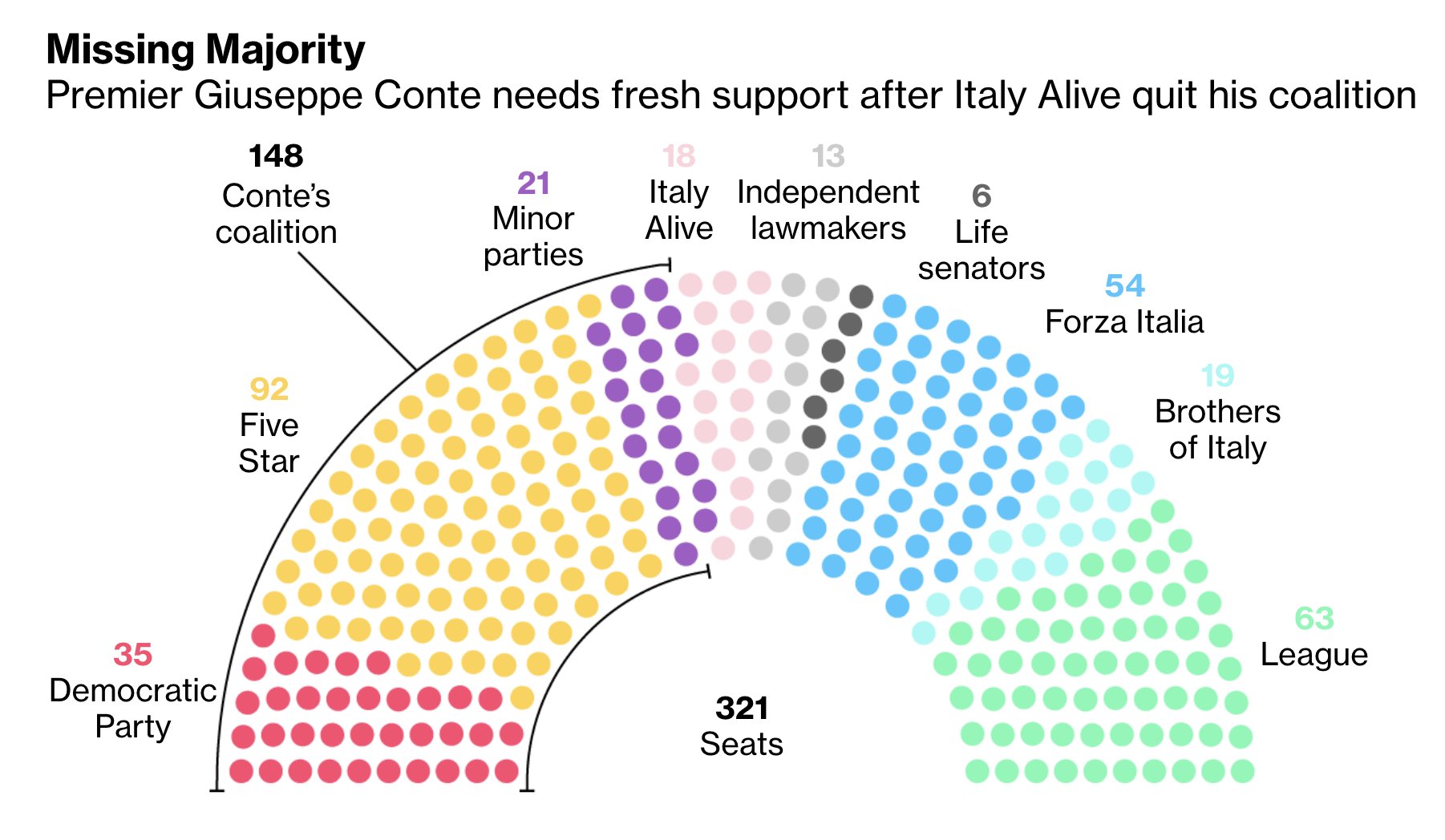
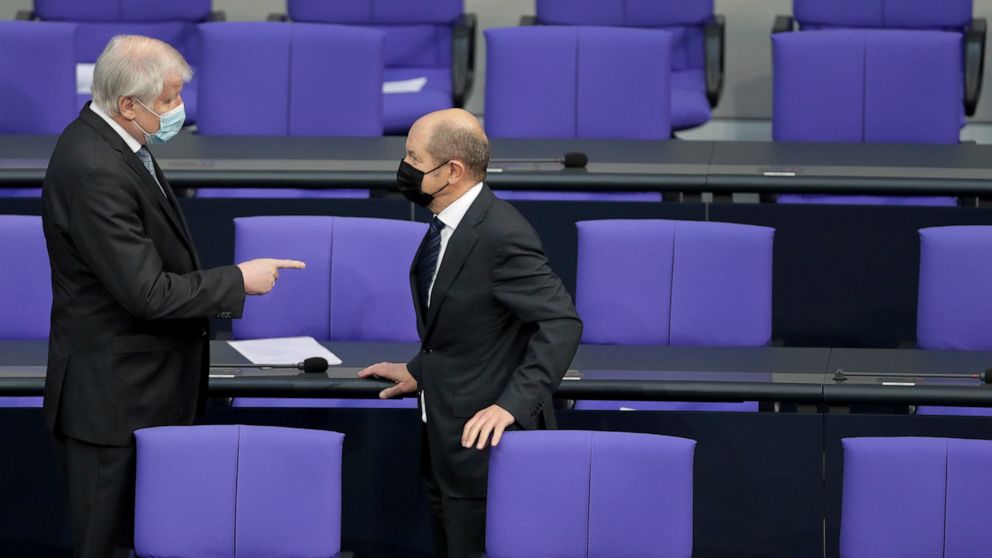




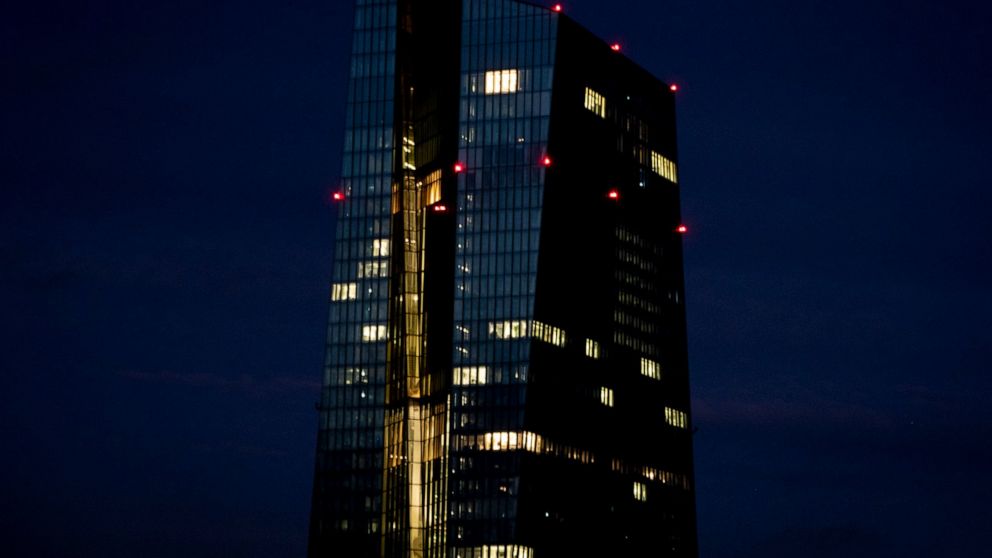
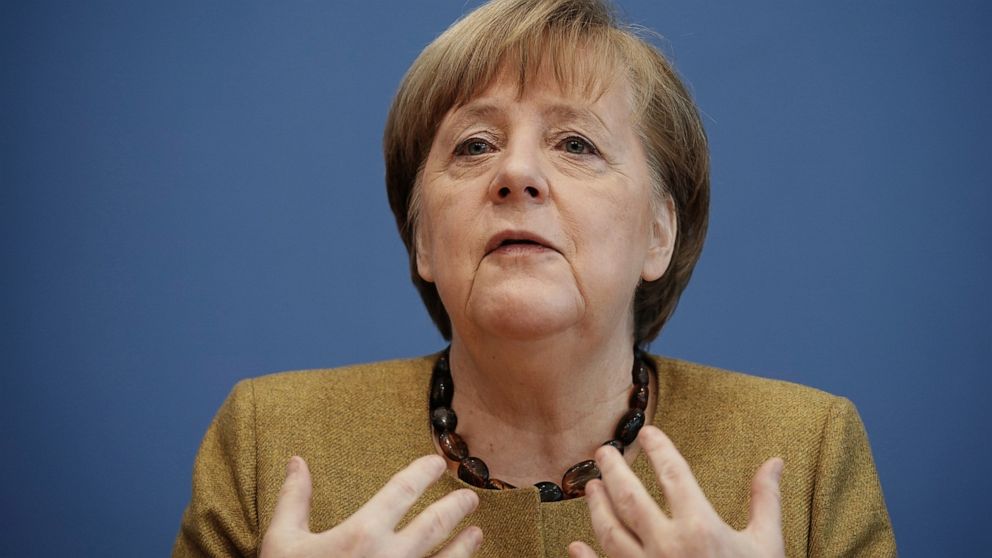
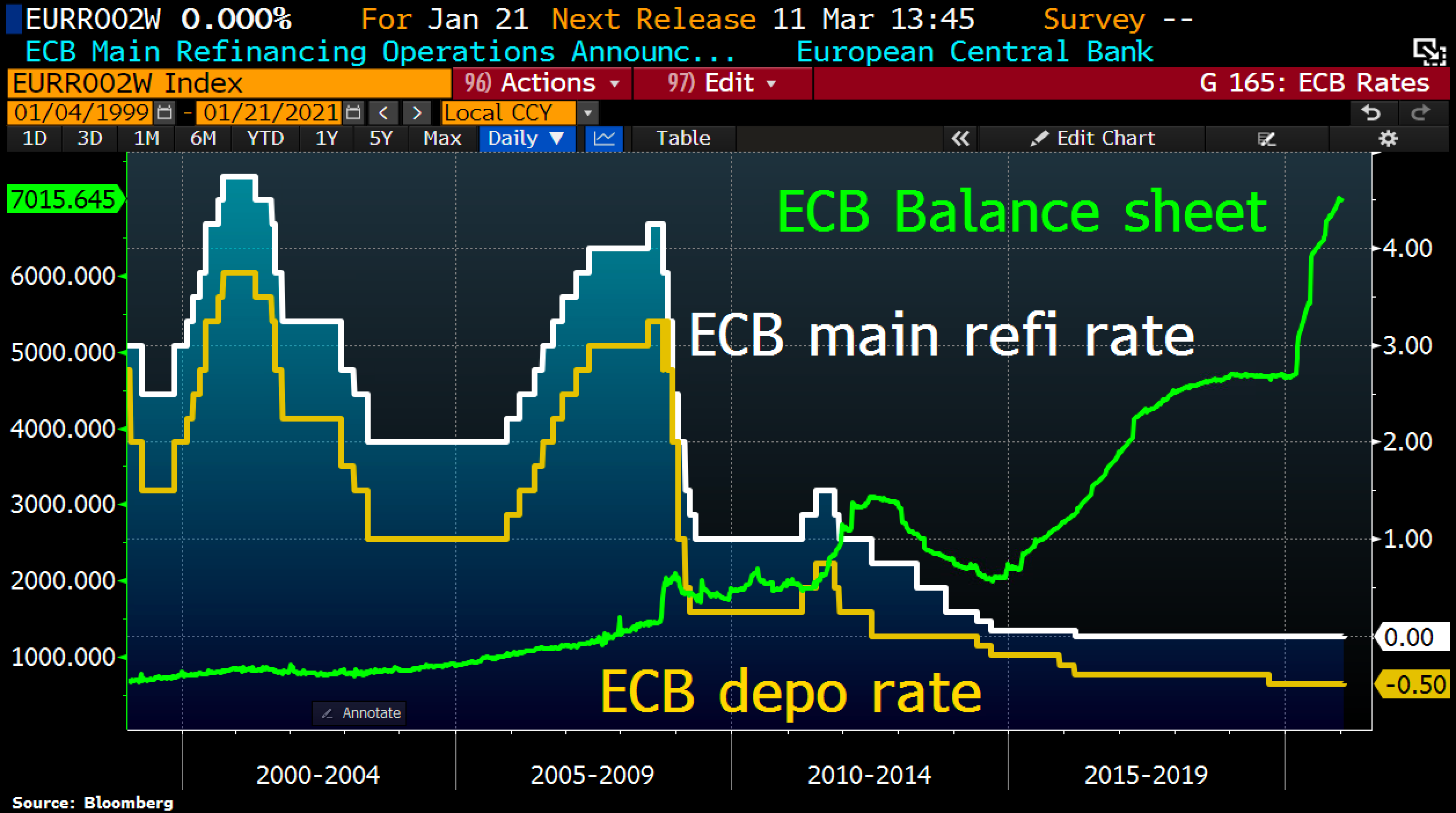










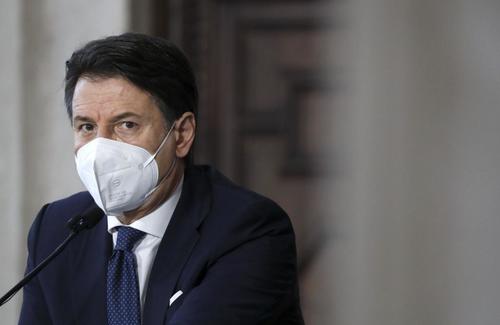 Giuseppe Conte
Giuseppe Conte